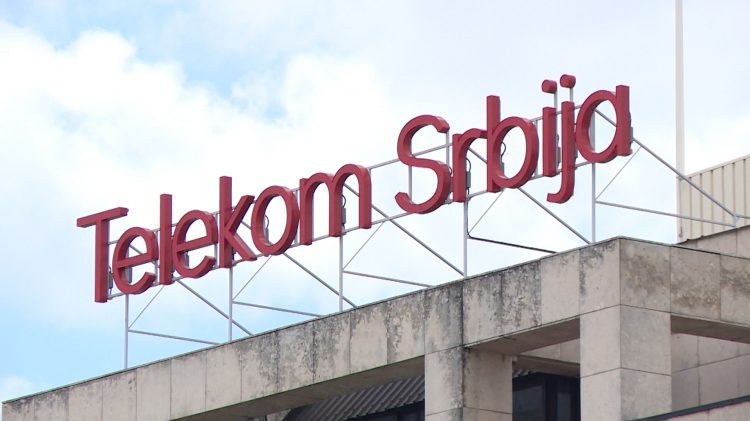
In cooperation with the news channel Euronews from France, Serbia’s Telekom launched Euronews Serbia in 2021. Even though the state leadership said Euronews would contribute to media pluralism, they actually obscured the fact that the state was entering the ownership of the media.
By launching Euronews, the state-owned Telekom wanted to compete with SBB, that is, with United Group that already had N1 TV but also expanded its media portfolio to include dailies Danas and Nova, the Nova.rs website and Nova TV.
“When we founded the Sport Klub channel, they bought Arena, when we started making TV series, they started making TV series, when we launched EON, they came up with a platform, when we started internet for the diaspora, they did the same and so on. They are always lagging behind us and I have never seen an original idea on their side,” United Group Vice President Dragica Pilipovic Chaffey told the N1 documentary “Thorn in the Side”.
Vesna Radojevic, journalist and editor of the “Raskrinkavanje” portal, assessed that this was “just a political basis.”
“It’s just a political basis to say, well, we have those televisions, you can also hear a different opinion on those stations, so not everything is so bad as far as the media and media freedom in Serbia are concerned,” Radojevic said.
Such practice is not in accordance with the legislation of the Republic of Serbia, because Article 32 of the Law on Public Information and Media stipulates that the state may not establish media, even indirectly. Yet one gets the impression that the state did just that through Telekom.
The Regulatory Body for Electronic Media (REM) issued a license to Euronews without questioning the fact that Telekom is its beneficial owner.
Supreme Court of Serbia judge (2005 – 2009) Vida Petrovic Skero admitted that she “really doubts that REM ever checked all that correctly.”
Telekom seems to have tried to outsmart the law by not being the direct founder of that media, but rather the owner of Euronews via its daughter company Arena News Channels.
“If the founder is a child, daughter, son, grandchild or someone’s mother – is the actual founder indirectly, as the legislator says, or directly financed by those who are not allowed to establish media outlets? I believe that when citizens reflect about the television and its owner, there is nobody who does not think that if Telekom is behind everything, that it is not state interference and intervention in the formation and functioning of media outlets, which according to the law is not right,” said Petrovic Skero.
Such practice is not allowed even in the European Union. That is why the influence of Telekom Srbija worries the European Commission, which mentioned this telecommunications company in its progress reports for 2020, 2021, and 2022. Telekom was also included in the European Commission’s 2023 semi-annual report.
Media and journalism Professor at the University of Ljubljana Marko Milosavljevic explain that in European Union member countries state telecoms have almost no role, and especially no influence on the media landscape in the country.
“They have neither those pretensions nor desires, but even if they did, there are legal restrictions, and also restrictions at the level of the European Union and the European Commission, especially in the area of competition protection, because it is clear that the state cannot own media,” stressed Milosavljevic.